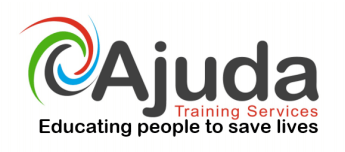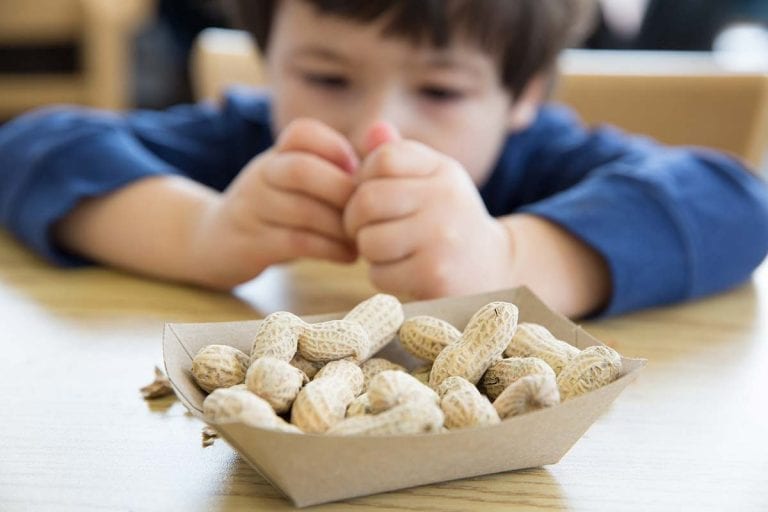Do you know what the most common allergy is for children in the UK?
Would you know what to do if a child had a serve allergic reaction?
In children, the foods that most commonly cause an allergic reaction are:
- milk
- eggs
- peanuts
- tree nuts
- fish
- shellfish
Most children that have a food allergy will have experienced eczema during infancy. The worse the child’s eczema and the earlier it started, the more likely they are to have a food allergy.
Anaphylaxis is an extremely dangerous allergic reaction. Common triggers being the foods mentioned above.
In anaphlaxis, a chemical called histamine is over-produced, causing one of more life-threatening Airway, Breathing or Circulation problems.
How will I know if a child has an allergic reaction?
- Blotchy skin rash or flushing
- A rapid onset of one (or more) life-threatening Airway, Breathing or Circulation problems.
- Airway: Blood capillaries can ‘leak’ causing swelling and blockage. Look out for swelling of the tongue, lips, throat or a feeling of the throat ‘closing up’.
- Breathing: Wind-pipes can consist just like asthma
- Circulation: Blood vessels can dilate to 3 times their usual size, causing a life-threatening fall in blood pressure. Look out for dizziness, fainting, pale skin and a fast pulse.
What to do?
- Call 999/112 for emergency help.
- Lay the child down in a comfortable position
- If they feel light-headed or faint – DO NOT sit them up. Raise the legs if necessary.
- If the child has Airway or Breathing problems only, they may prefer to sit up; but take extreme care – if they feel light-headed or faint, lay them down immediately.
- The child may carry an auto-injector of adrenaline. This can save their life if it’s given promptly. The child may be able to inject this on their own but, if necessary, assist them to use it.
- If the child becomes unconscious check Airway and Breathing and resuscitate if necessary.
- The dose of adrenaline can be repeated at 5-15 minute intervals if there is no improvement or symptoms return
NOTE: In a childcare setting, an adult should ideally receive training from a qualified healthcare professional to enable them to safely administer the auto-injector in an emergency


